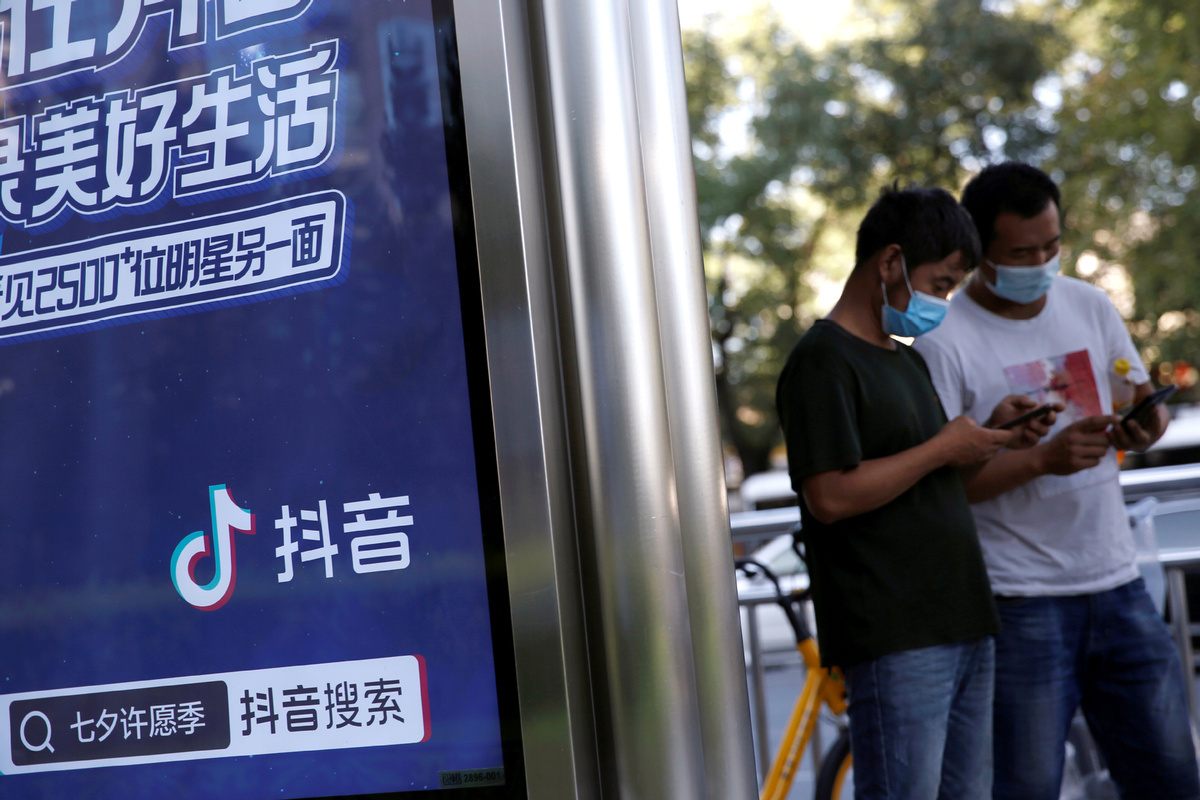Social media addicts mourn lost time


Fears about the pandemic have definitely been a factor in the amount of time people spend onscreen.
Combined with the addictive nature of social media, negative headlines have become especially powerful in attracting attention and keeping users scrolling to learn more.
Psychologists fear this may have a negative impact on mental health, while research has shown a link between excessive social media use and increased feelings of depression and loneliness.
Researchers have even compared the effects of excessive social media use to drug abuse, as overuse affects decision-making abilities and makes risky behavior more likely, according to a study published in the Journal of Behavioral Addictions in 2019.
As a result, according to experts, people's sleep can be disrupted, affecting their overall performance the following day.
The Netflix docudrama The Social Dilemma, which has triggered heated discussion since its release in September, highlights the impact of social media addiction, including negative effects on mental health and the spread of misinformation.
Former technology industry leaders interviewed in the film give their views about social media and the disturbing trend of overuse, which they attribute to "technological manipulation" by tech giants such as Google and Facebook.
Tristan Harris, a former design ethicist at Google, said in the film that these companies usually have three main goals.
"There's the engagement goal-to drive up your usage, to keep you scrolling. There's the growth goal-to keep you coming back and inviting many friends and getting them to invite more friends," Harris said. "And then there's the advertising goal-to make sure that, as all this is happening, companies are making as much money as possible from advertising."
Harris said that to attract more users, tech companies turn to a series of devices such as heart designs, "likes", reposts and thumbs-up buttons. These short-term signals act as a type of reward by "implanting an unconscious habit" so that people become more addicted to social media without realizing it.
Justin Rosenstein, a former Facebook engineer who invented the "like" button, said, "We're seeing corporations using powerful artificial intelligence to outsmart us and figure out how to draw our attention toward the things they want us to look at, rather than those that are most consistent with our goals, values and lives."
He, the psychiatrist, said that unlike the critical tone of the documentary, there is no need to view social media as a monster.
"It's a new technology revolution to help people live and connect better. We benefit a lot from it. Sometimes, it can be annoying, but during the pandemic we need social media to get information. Social media is everywhere. We cannot erase it from our lives, because we are human, we are social animals and we always have a deep need to connect to the world," He said.
"People always exaggerate the negatives, because this 'new thing' is outside their comfort zone," He added.


















